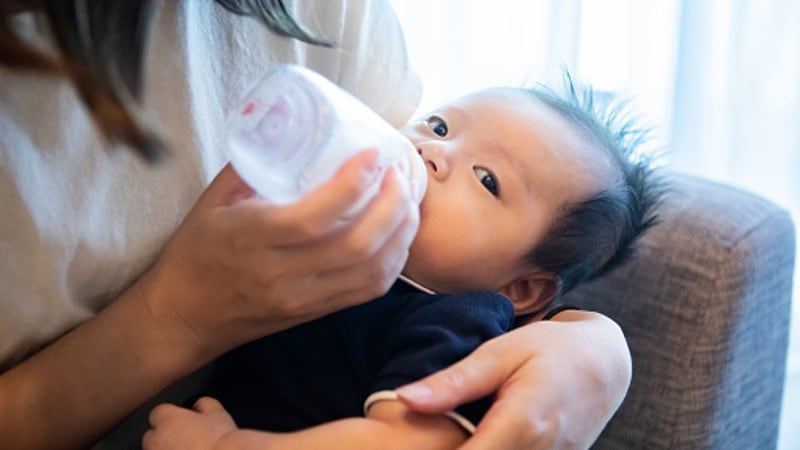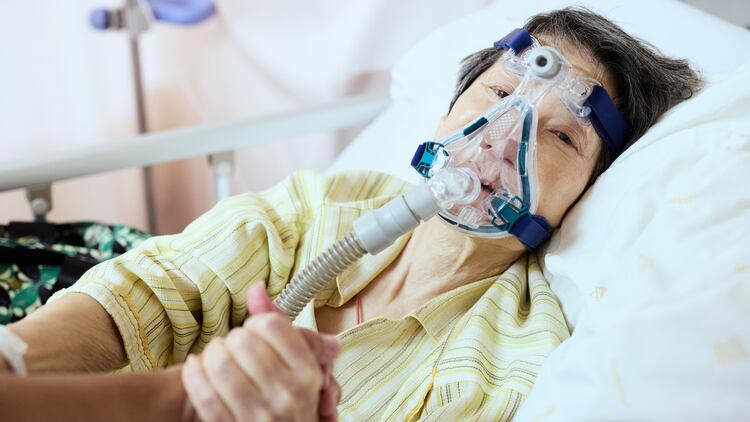The other probiotic strain in question is Lacticaseibacillus rhamnosus HN001. All milk formulas studied in the trial were prepared by Fonterra, including the probiotics.
Findings of the trial were published in Beneficial Microbes recently.
The analysis was based on a RCT conducted in the Anhui Province of China during winter between December 2012 and April 2013.
A total of 192 healthy infants aged six to 12 months were enrolled.
They were randomised to receive either of the three formulas: 1) milk formula containing 10m CFU/g of Bifidobacterium animalis subsp. lactis HN019, 2) milk formula containing 10m CFU/g of Lacticaseibacillus rhamnosus HN001, or 3) milk formula without probiotics.
The infants were also not supposed to take breastmilk or other formulas during the trial
The aim was to find out the incidence of physician-confirmed bacterial or viral infections amongst the infants during the trial.
Confirmed cases
In total, there were eight cases of confirmed upper respiratory tract infections.
They were observed in 9.4 per cent of the control group, which was equivalent to six cases, as compared to 3.1 per cent in the HN001 group, which was equivalent to two cases.
None were seen in the HN019 group.
The difference between the HN019 and control group was also statistically significant.
“While the difference between the HN001 and control groups did not reach statistical significance (P=0.278), the HN019 result represented a statistically significant decrease compared to the control group (P=0.029),” said the researchers.
In addition, no infants in the HN019 group were prescribed antibiotics or antivirals, as compared with 4.7 per cent in the HN001 group and 10.9 per cent in the control group.
However, the differences in antibiotics or antivirals prescription failed to reach statistical significance for either of the probiotic groups when compared to the control group.
“While HN001 showed trends toward reduced infections, HN019 showed better performance in terms of significantly reduced incidence of both physician-confirmed and parentally reported URTIs, and antibiotic/antiviral use compared to a control in Chinese infants,” said the researchers.
No cases of diarrhoea or hospitalisation were reported in all three groups.
Unconfirmed cases
There were additional 23 cases of unconfirmed URTIs by parents of the infants.
Unconfirmed cases were not seen by a medical professional at the time they were symptomatic and were therefore not treated with prescription medications.
In this case, the incidence of unconfirmed URTIs was 9.4 per cent in the HN019 group, 14.1 per cent from the HN001 group, and 25 per cent from the control group.
Again, the difference between the HN019 and control group was statistically significant.
“This represents a substantial 63 per cent lower risk of symptoms of URTIs and points to a strong protective role of probiotic HN019 in the infant diet,” the researchers said.
Post hoc PCR analysis of infant faecal samples for those in the probiotic groups also showed that Bifidobacterium lactis was detected at higher rates in infants that received HN019, while Lacticaseibacillus rhamnosus was detected at similar rates across all three groups.
Source: Beneficial Microbes
Comparison of two probiotics in follow-on formula: Bifidobacterium animalis subsp. lactis HN019 reduced upper respiratory tract infections in Chinese infants
DOI: 10.3920/BM2022.0041
Authors: J. Dekker et al





